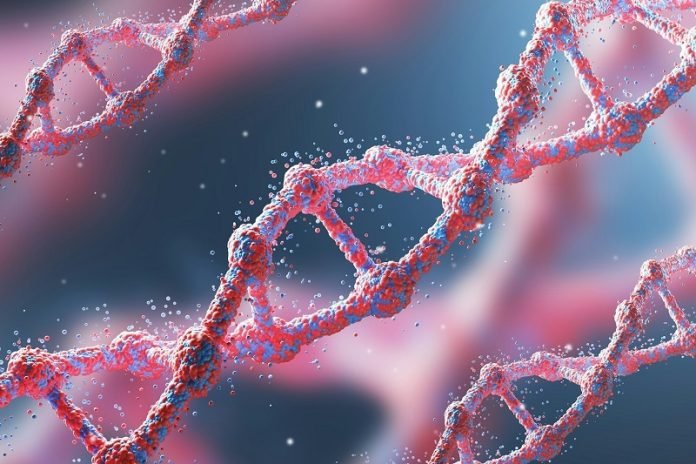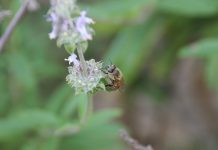
Scientists have made an exciting discovery that helps us understand how traits and characteristics get passed down from parents to their children without changing the DNA itself.
This process involves something called epigenetics, which can be thought of as a set of switches that turn genes on or off.
These switches are influenced by things like what we eat, how much stress we have, and our environment.
At the heart of our cells, DNA is packed together with proteins to form something called chromatin.
When cells divide, they need to make sure that this epigenetic information gets passed on accurately to the new cells.
However, figuring out exactly how this happens has puzzled scientists for a long time.
Now, a team led by Professor Yuanliang Zhai and including experts from The University of Hong Kong, Peking University, and Cornell University, has cracked part of this mystery.
They’ve been able to take a closer look at how the DNA copying machine, or “replisome,” copies our genetic material and passes on the epigenetic information during cell division.
Using a powerful technique called cryo-electron microscopy, the researchers were able to see how a helper complex, named FACT, works with the replisome to ensure the epigenetic tags on the histone proteins (which DNA wraps around like thread on a spool) are transferred correctly.
They discovered that as DNA is copied, the FACT complex grabs onto the histones that are stripped from the DNA and helps attach them to the new DNA strand. This action ensures that the new cells remember which genes to turn on or off, just like their parent cells.
This discovery is not just important for understanding how traits are passed on. It also opens new doors for treating diseases like cancer, where the epigenetic information is not copied correctly.
Now that we have a clearer picture of this process, scientists can explore new ways to fix these mistakes and develop treatments for such diseases.
This breakthrough is the result of nearly eight years of hard work and collaboration across different universities.
The findings were so compelling that they were quickly published in the prestigious journal Nature.
This step forward in understanding epigenetic inheritance highlights the complex beauty of biology and offers hope for future medical advances in treating diseases linked to our genes.



